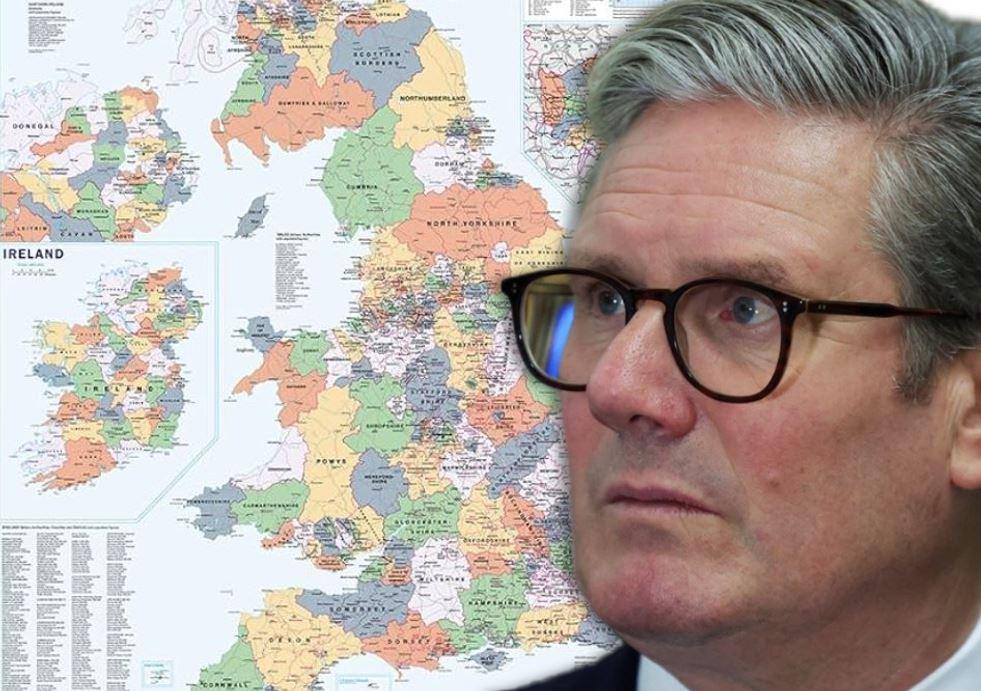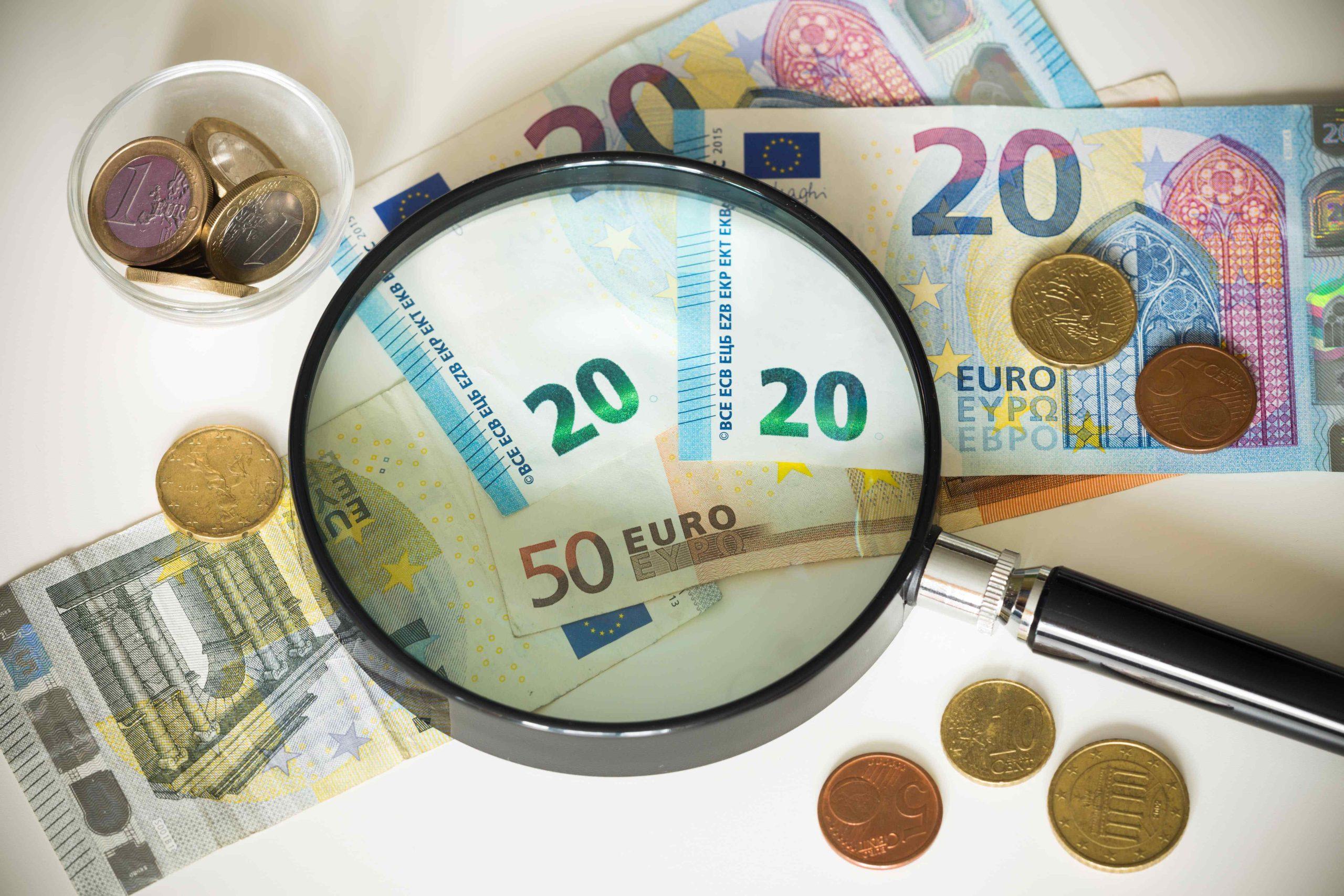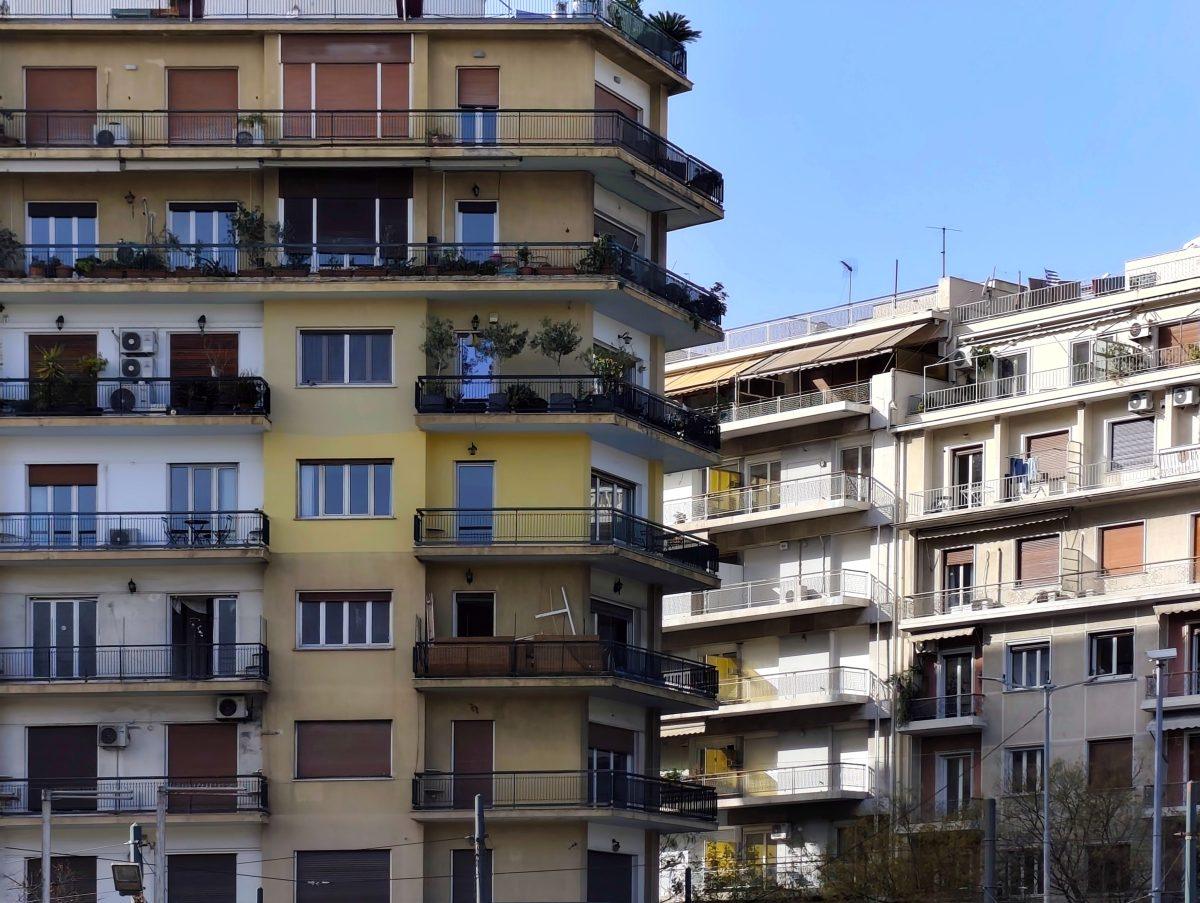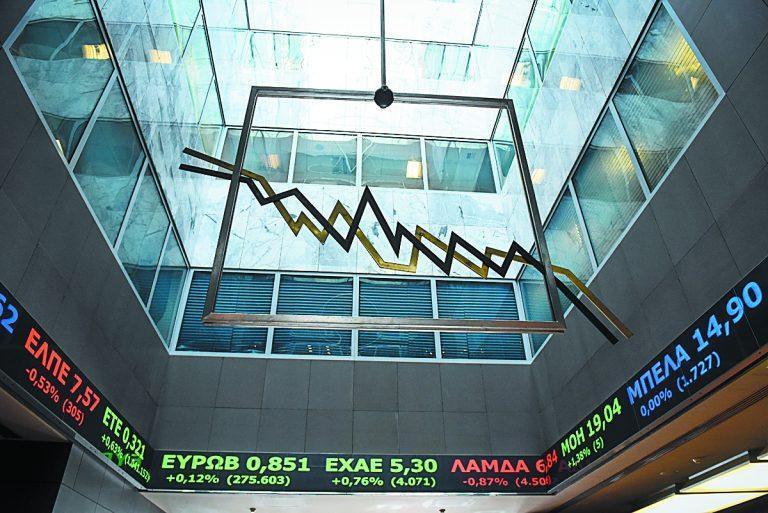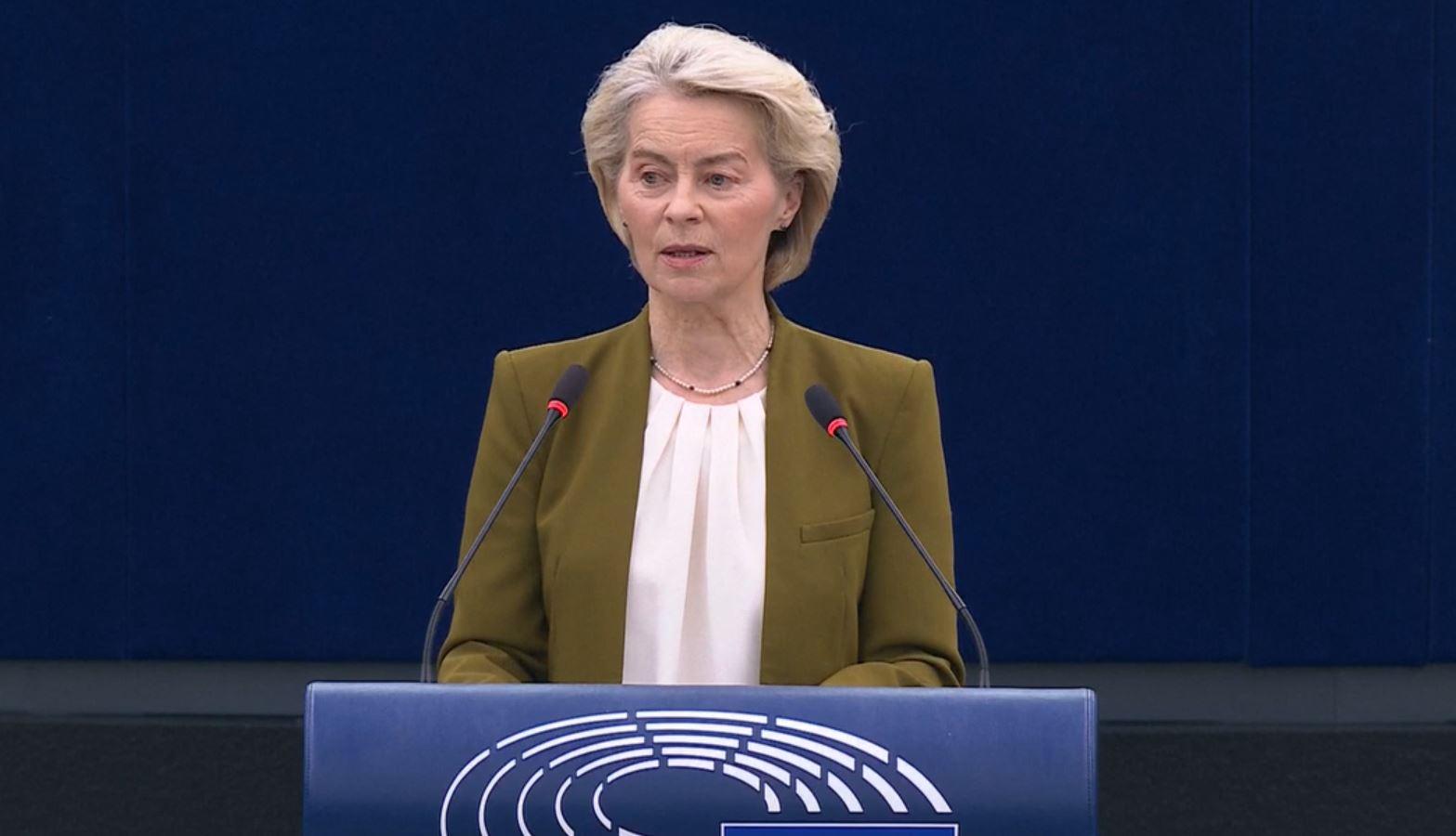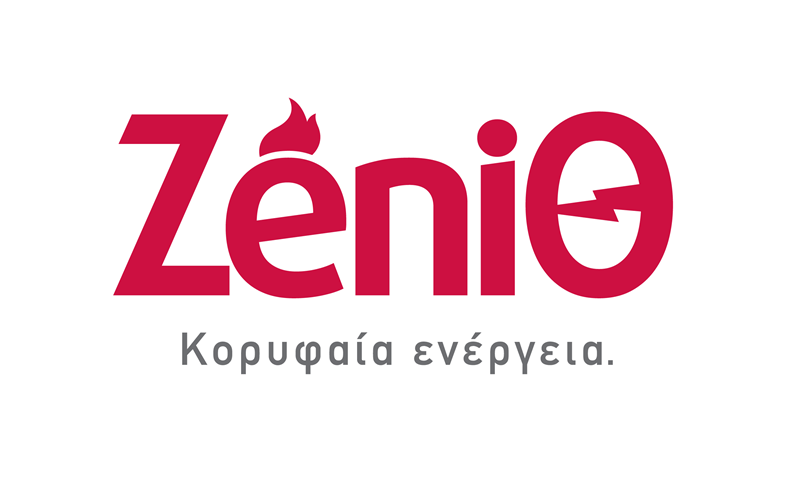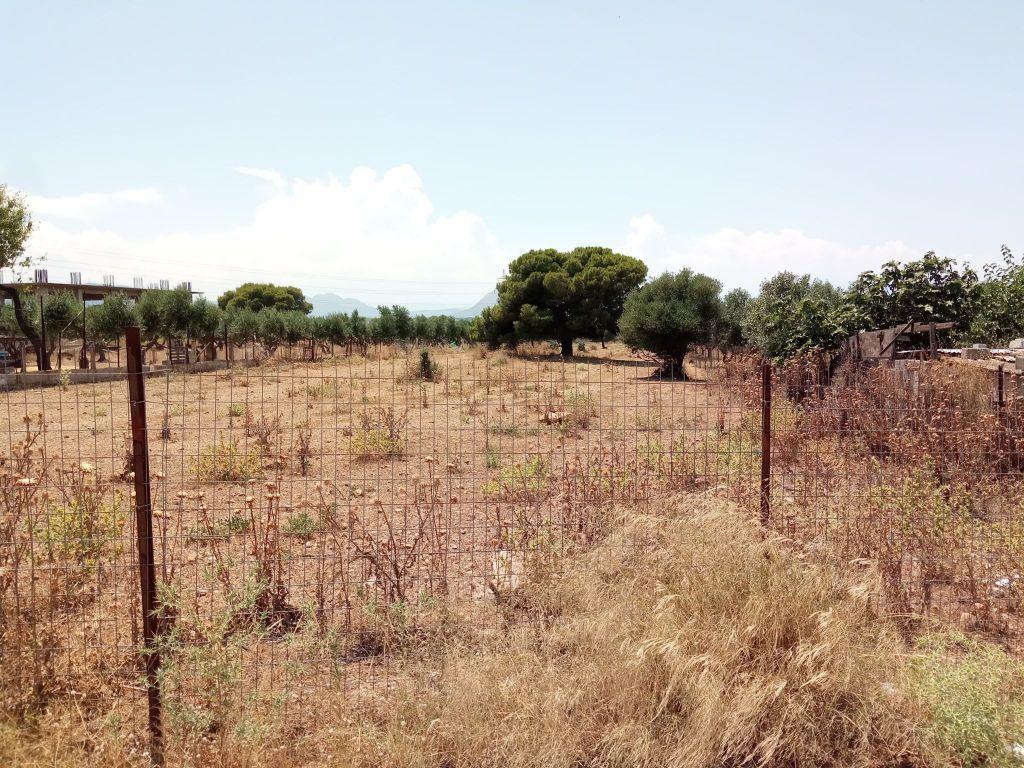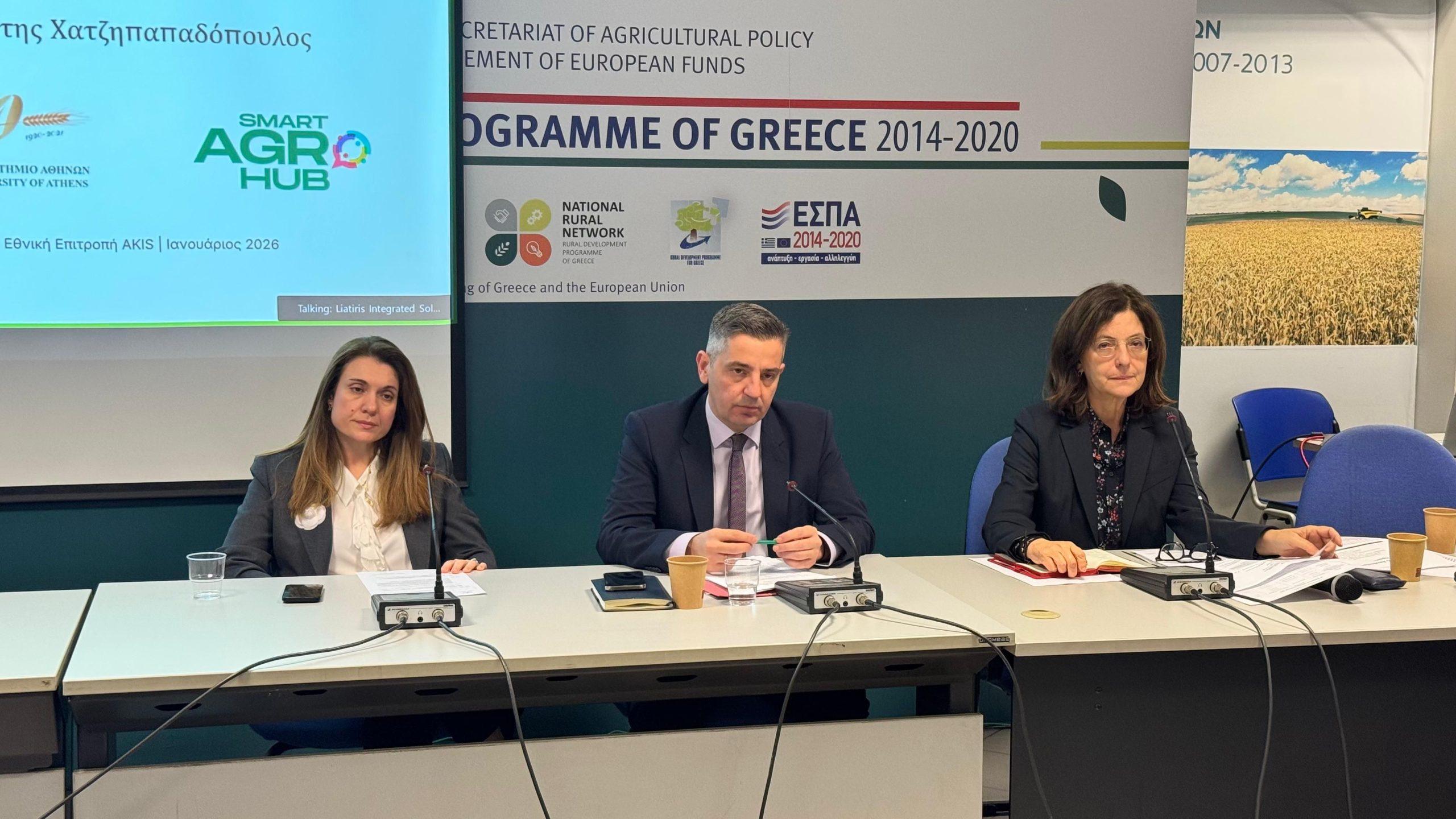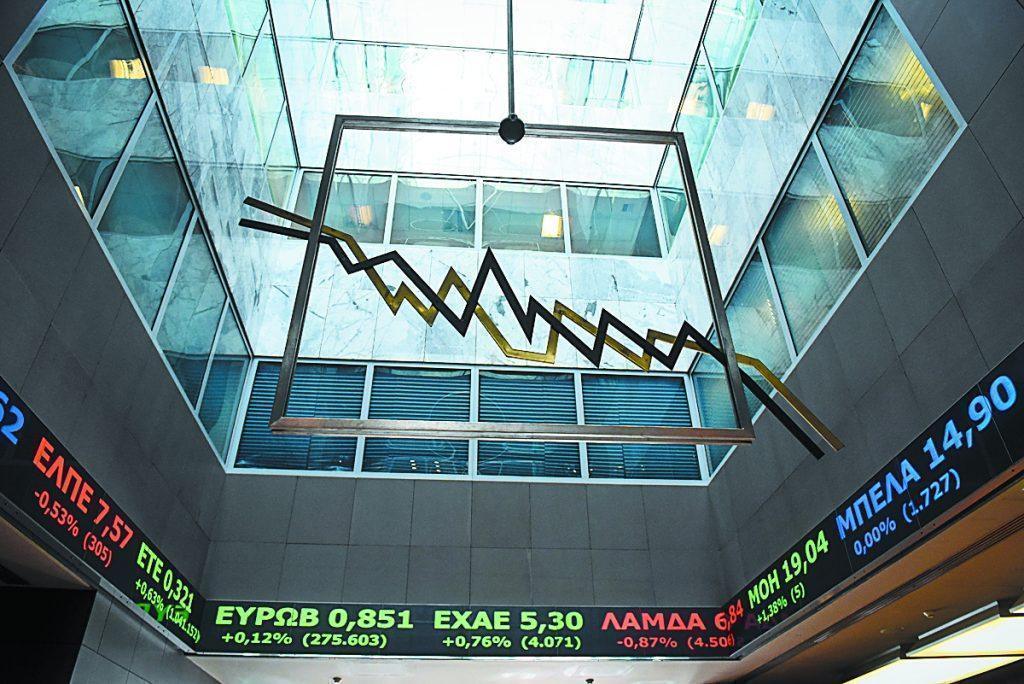The consequences on the quality of life of private sector workers from the energy shock and the inflation rally of recent months are dramatic, as shown by the Labor Market Climate Indicators published today by the General Confederation of Greek Workers.
Nearly two in three employees say it has led to a reduction in spending on basic foodstuffs. Also, 3 in 4 say they have reduced their spending on heating and 4 in 5 on entertainment.
The research findings
Specifically:
59% of employees state that the rise in prices has led to a reduction in the consumption of basic foodstuffs. ¨Very¨ 26% answer and “Enough¨ 33%. Respectively, 32% in the respective question say ¨Little¨ and 9% ¨Not¨.
74% of employees say that the rise in prices has led to a reduction in heating costs. ¨Very¨ answer 33% and ¨Enough¨ 41%. Respectively, 16% in the respective question state ¨Little¨ and 10% ¨No¨.
Eighty percent of employees say rising prices have reduced spending on entertainment. ¨Very¨ answers 48% and ¨Enough¨ 32%. Respectively, 14% in the respective question say ¨Little¨ and 6% ¨No¨.
85% of the employees agree with the proposal of GSEE to immediately return the minimum wage to 751 euros and then to negotiate between the social partners while 10% state that they disagree.
54% of employees believe that the minimum wage should be formed after collective bargaining between employers’ organizations and the GSEE, while 42% say that it should be a government decision.
As the most effective means of protecting their standard of living from price increases, 49% choose to reduce consumption and excise taxes, 43% choose to increase the minimum wage and 3% choose the solution of benefits.
61% say they are “pessimistic”
Of the other findings of the survey, the differentiation of the optimism index is very important (the question posed is “Are you optimistic or not about the course of the country in the coming months?) Where 61% of private sector employees say they are pessimistic and 30% optimistic. It is noted that the index of optimism is at its lowest point since September 2019.
Finally, in relation to the employment safety index, 60% state that they are confident that they will keep their job and 35% say no.
Increase in the minimum wage to 751 euros
It is necessary to implement a mixture of interventions immediately in order to protect as much as possible the living standard of employees and especially the lowest paid, GSEE points out. The Greek economy and society after many years of austerity is facing a new wave of inflation and price increases in basic goods and services and stagnation of income threatens the purchasing power of many households and social groups. The duration of inflation and its non-compensation with effective interventions and measures to protect the disposable income will lead to a contraction of domestic demand, while it will increase the likelihood of stagflation.
For these reasons, GSEE proposes the following income and budgetary interventions:
Immediate increase of the minimum wage to 751 euros per month.
Then adjust the minimum wage to the standard of living (60% of the median full-time wage) and discuss with employers to set a timetable by re-defining it in the National General Collective Bargaining Agreement.
Significant increase in the coverage rate of collective bargaining agreements with a target of 70% of employees and their shielding by extending the validity of all terms of collective bargaining agreements until the completion of collective bargaining and the signing of new ones.
Reduction of excise duties on energy and basic foodstuffs.
Introduce a tax on the extraordinary profits of energy companies and allocate the amount to support the disposable income of households.
Establish a grace period for repaying energy bills for the poorest households.




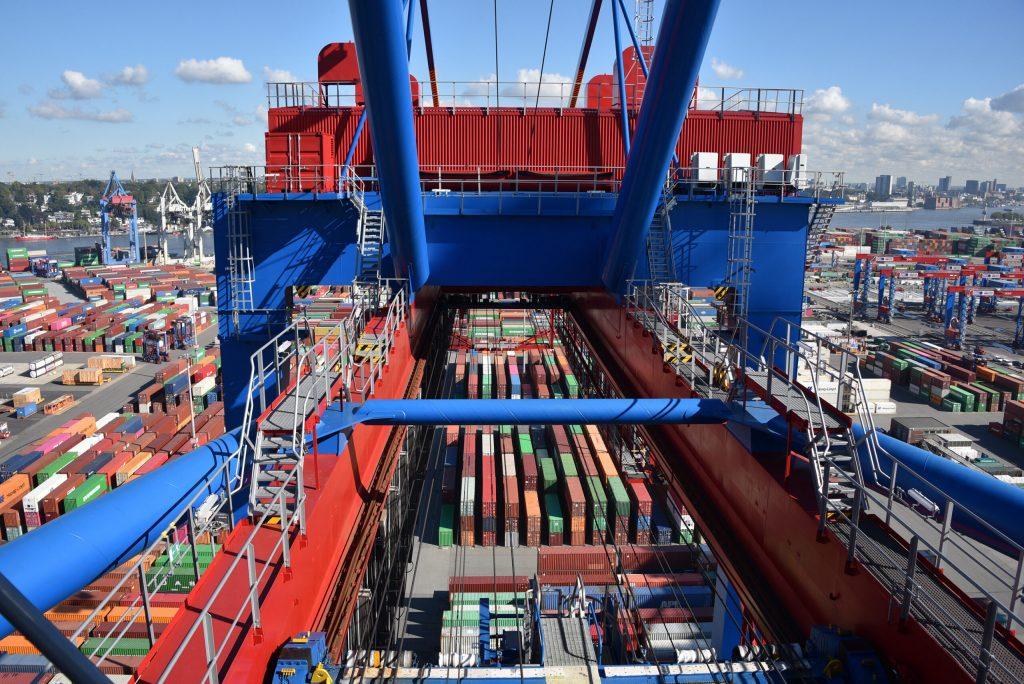
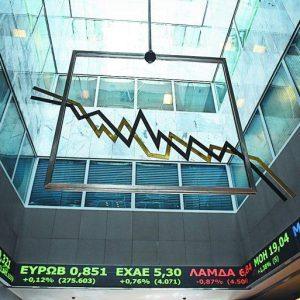





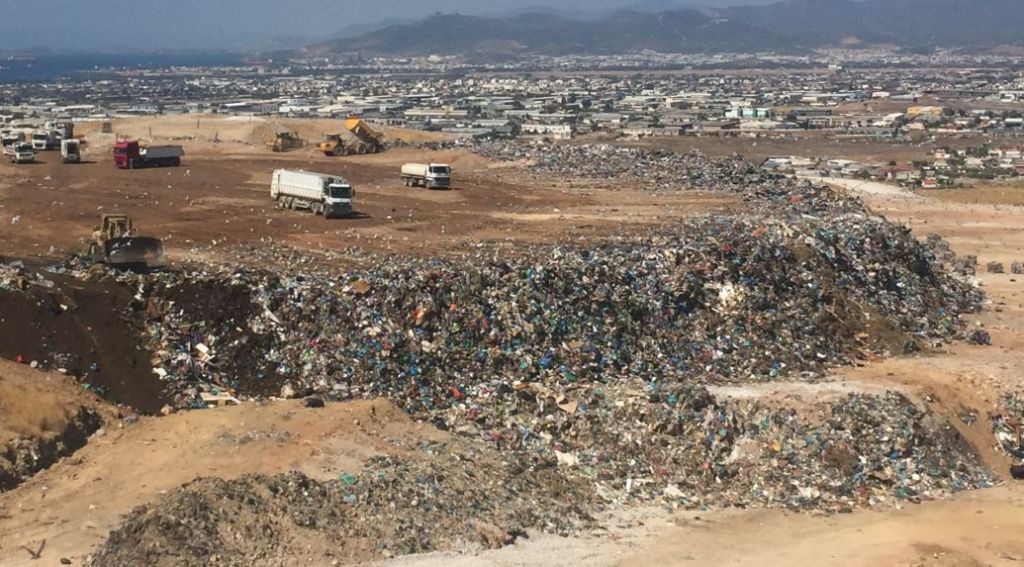
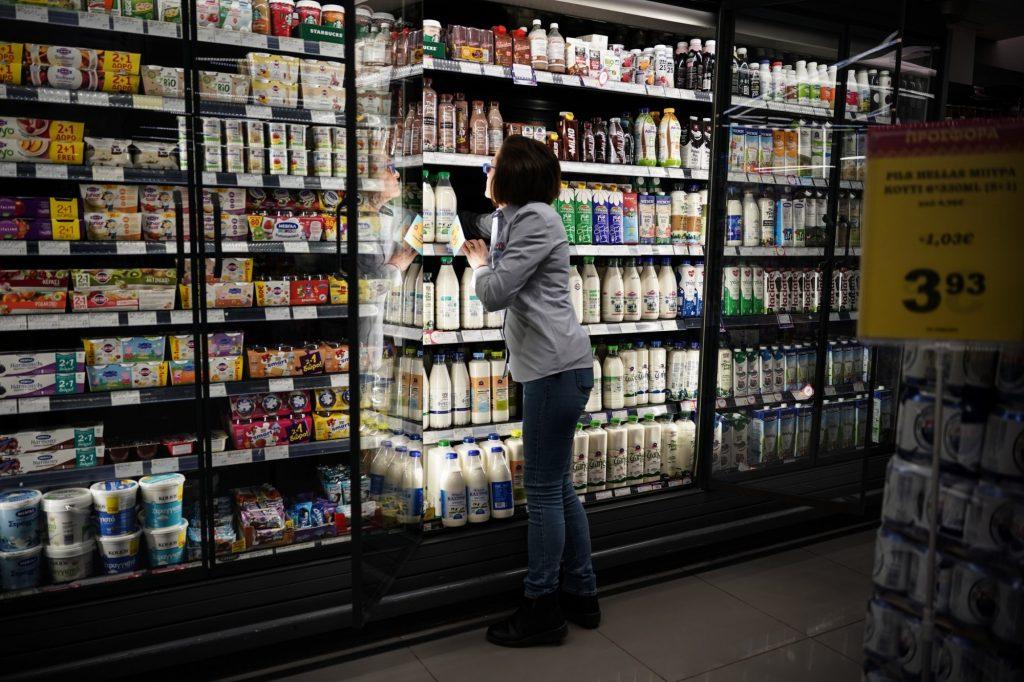

![Ενοίκια: Το ράλι στα ακίνητα – Προσιτές και απλησίαστες περιοχές [πίνακες]](https://www.ot.gr/wp-content/uploads/2026/01/ot_akinhta_rents26.jpg)



